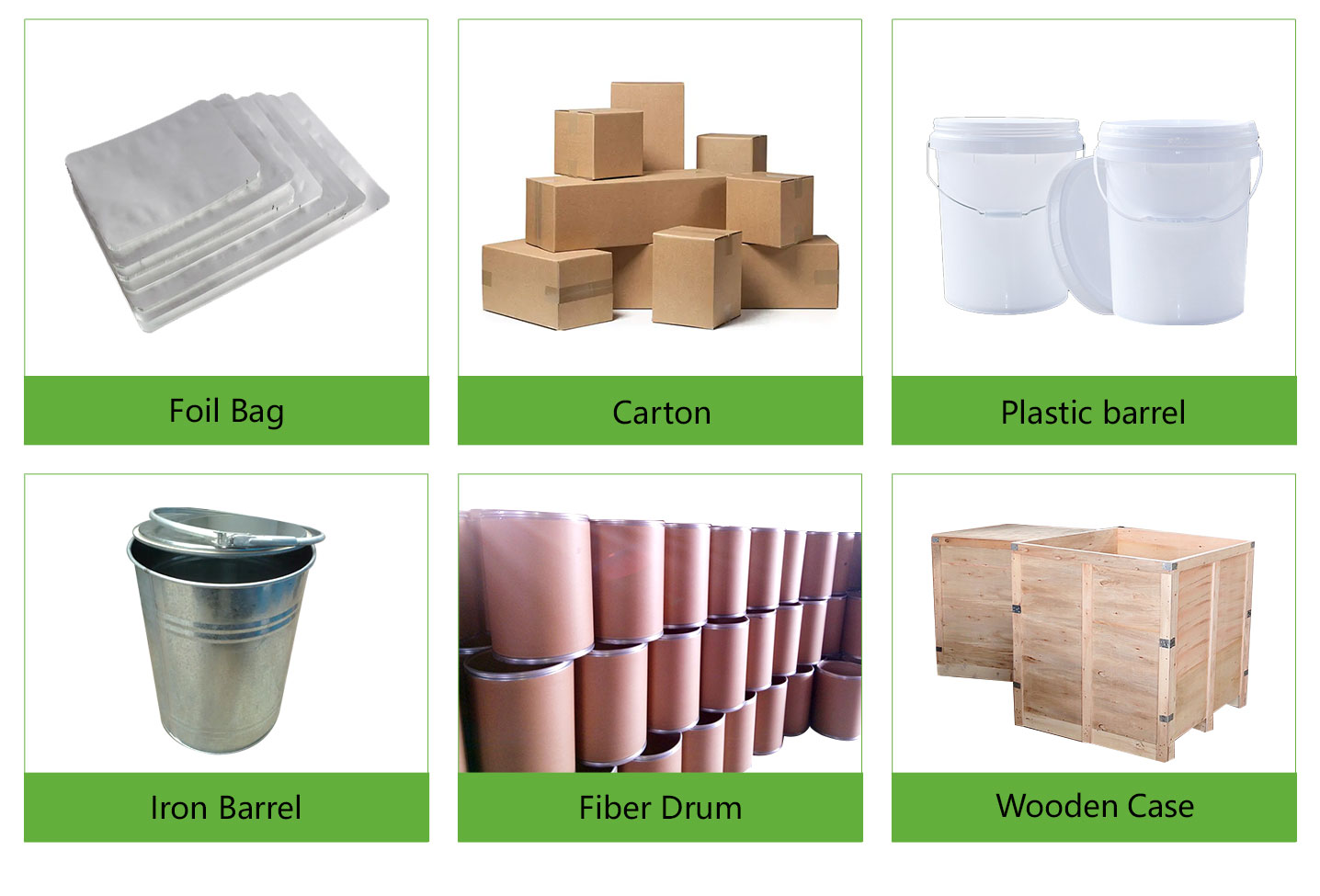If you are looking for high-quality products, please feel free to contact us and send an inquiry, email: brad@ihpa.net
About Magnesium Granules Mg Granules: Magnesium Granules silvery-white metal (hexagonal system).The melting temperature of 648.5 ℃.The boiling point of 1107 ℃.Relative density 1_74.Soluble in inorganic acids, ammonium salts, insoluble in cold water, chromic anhydride, alkali. It decomposes in hot water to form magnesium hydroxide. In dry air does not lose luster, but in moist air, magnesium Granules will be oxidized into gray oxide film. The block is stable at room temperature, but the powder and debris have fire danger, should pay attention to handling. At high temperatures, blocks are otherwise prone to oxidation and combustion, and heat treatment and other operations should be carried out under the protection of sulfur dioxide or sulfur hexafluoride atmosphere. Kmpass is a trusted global Magnesium Granules Mg Granules supplier. Feel free to send an inquiry about the latest price of Magnesium Granules at any time. Product Performance of Magnesium Granules Mg Granules: Magnesium granules are processed using 99.95% high-purity magnesium ingots as raw materials. The shape is spherical and has good fluidity. Magnesium granules have strong chemical activity and large affinity with oxygen. They are often used as reducing agents to replace metals such as titanium, zirconium, uranium and beryllium. Technical Parameter of Magnesium Granules Mg Granules:
| Product Name | MF | Purity | Particle Size | Bulk Density | Melting Point | Color |
| Magnesium Granules | Mg | 99.95% | 4 * 4mm | 1.74 g/cm3 | 648.8℃ | Silver White |

Magnesium Granules Properties |
|
| Other Names | Mg granules |
| CAS No. | 7439-95-4 |
| Compound Formula | Mg |
| Molecular Weight | 24.31 |
| Appearance | Gray |
| Melting Point | 650℃ |
| Boiling Point | 1090℃ |
| Density | 1738 kg/m3 |
| Solubility in H2O | N/A |
| Electrical Resistivity | 4.45 microhm-cm @ 20 °C |
| Poisson’s Ratio | 0.29 |
| Tensile Strength | N/A |
| Thermal Conductivity | 1.56 W/cm/K @ 298.2 K |
| Thermal Expansion | (25 °C) 24.8 µm·m-1·K-1 |
| Vickers Hardness | N/A |
| Young’s Modulus | 45 GPa |
Magnesium Granules Health & Safety Information |
|
| Signal Word | Danger |
| Hazard Statements | H250-H260 |
| Hazard Codes | F |
| Risk Codes | N/A |
| Safety Statements | N/A |
| Transport Information | UN 1869 4.1 / PG III |